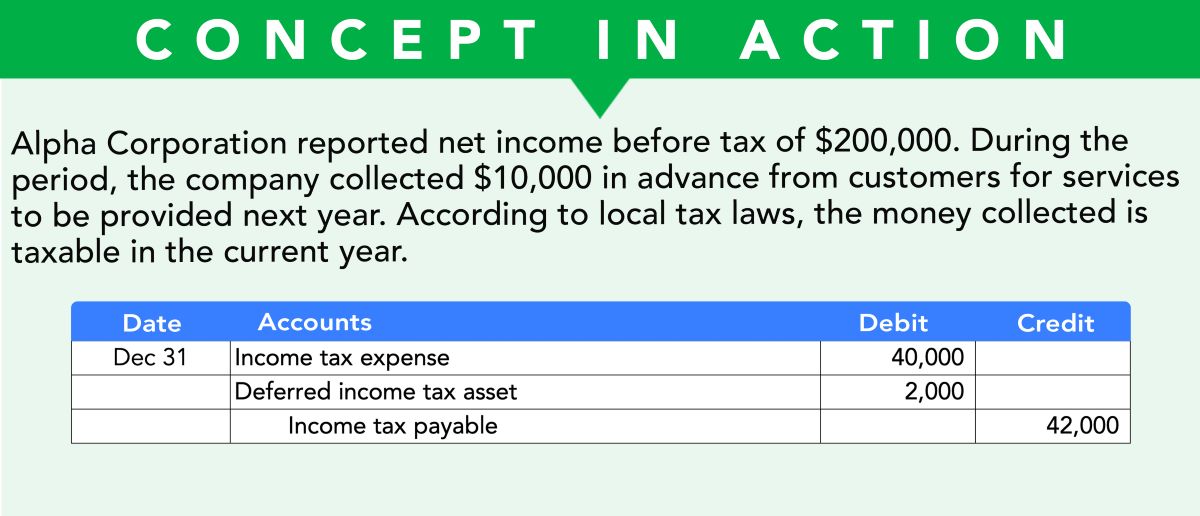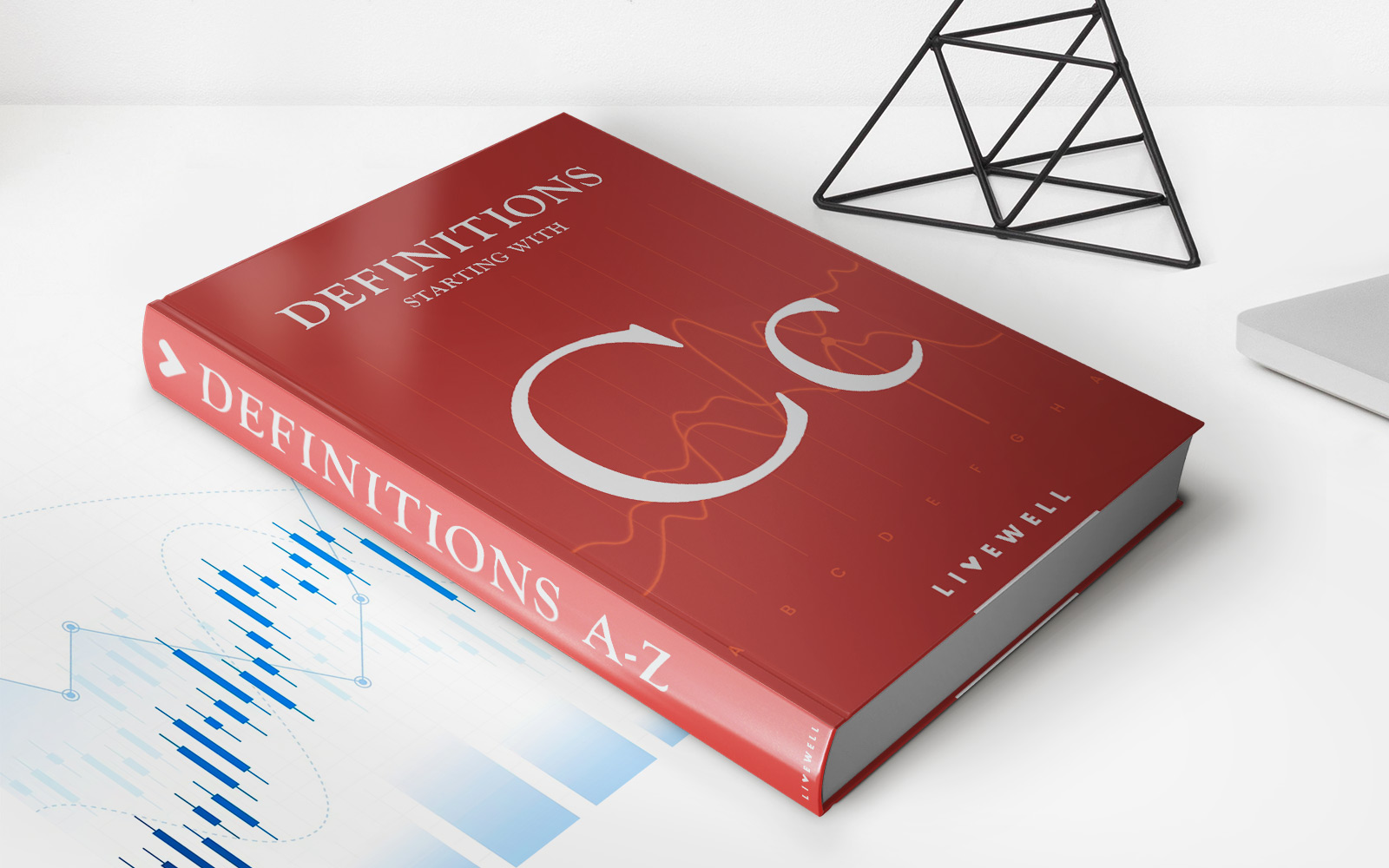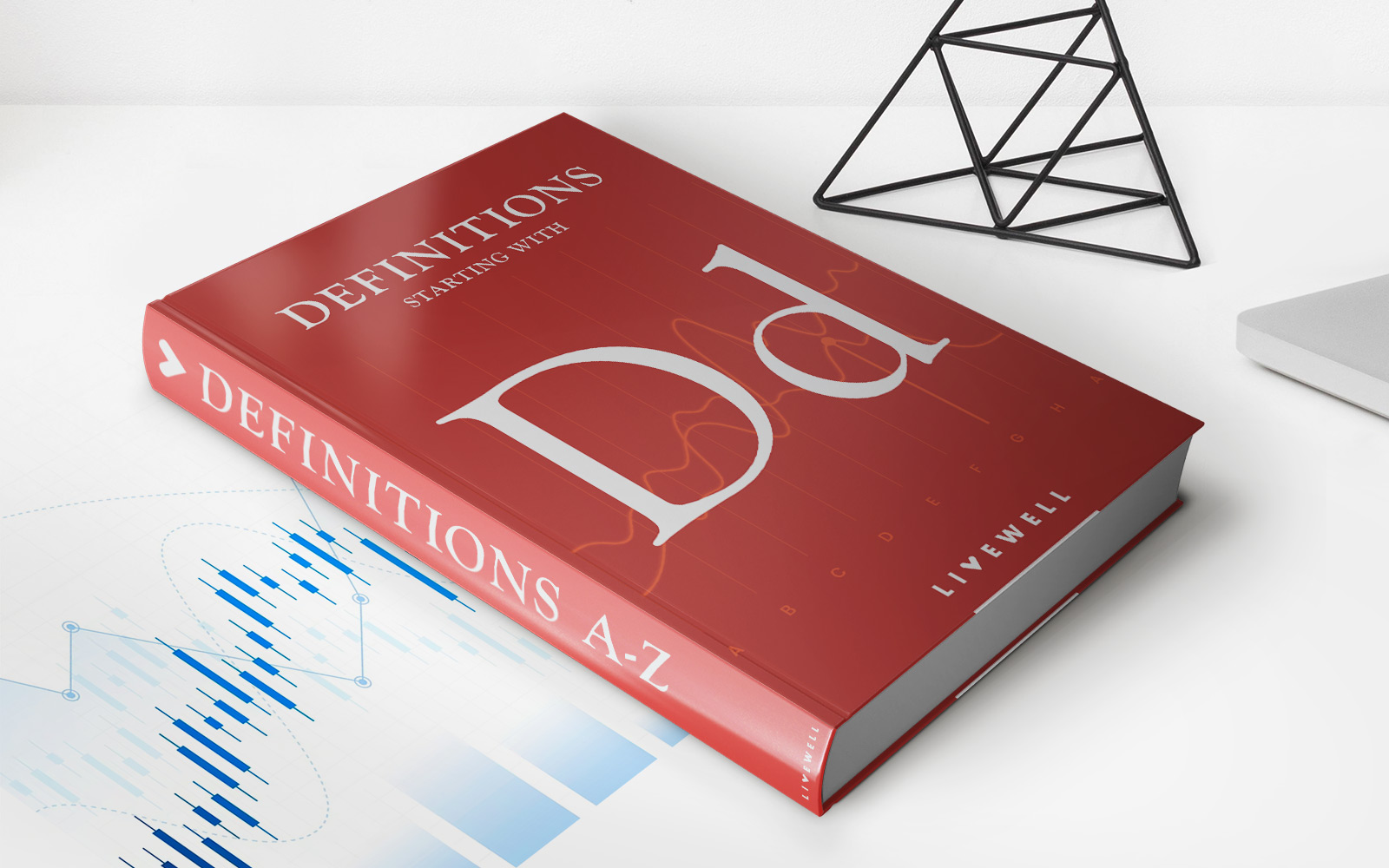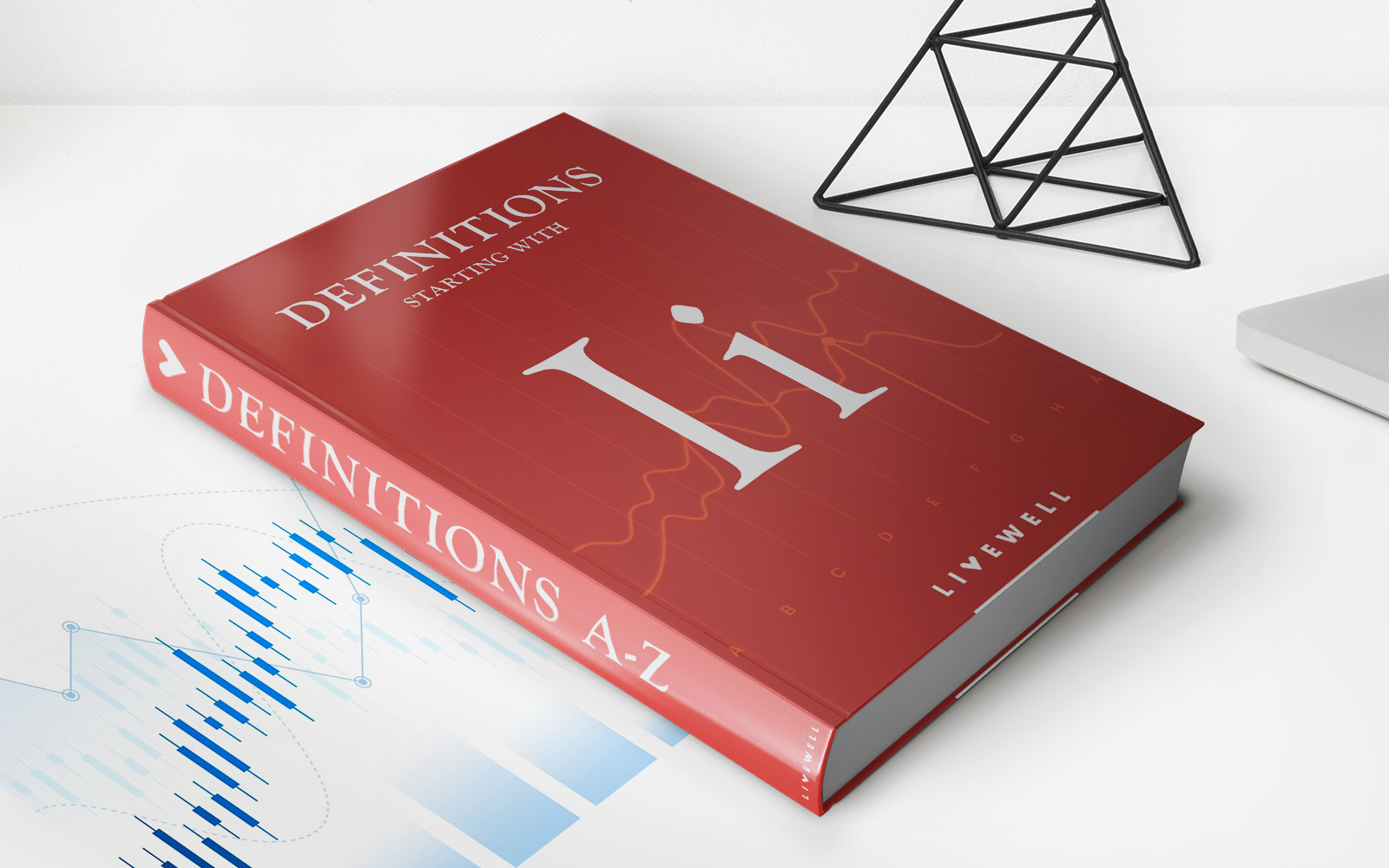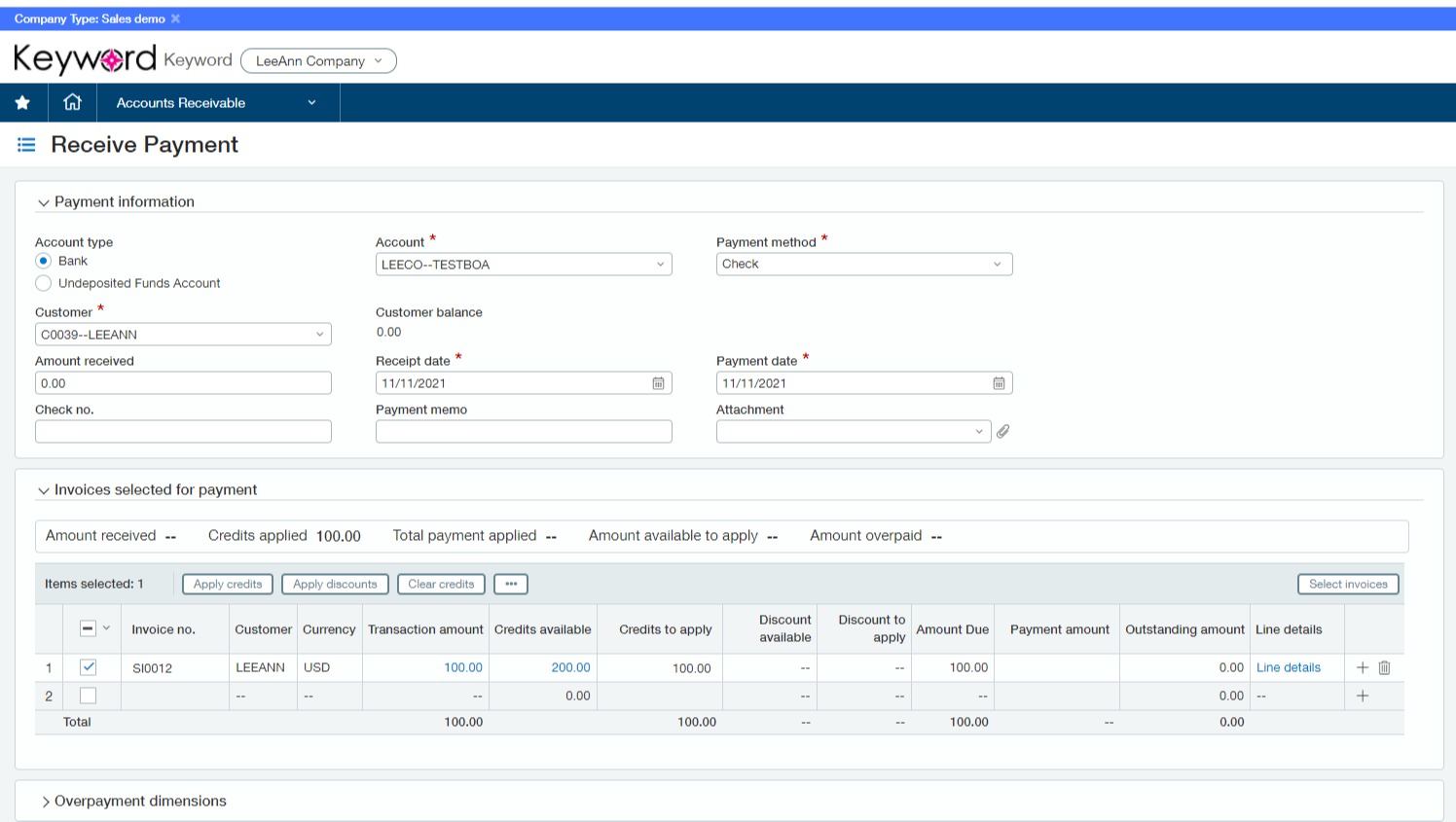Home>Finance>Income In Respect Of A Decedent (IRD): Definition And Taxes
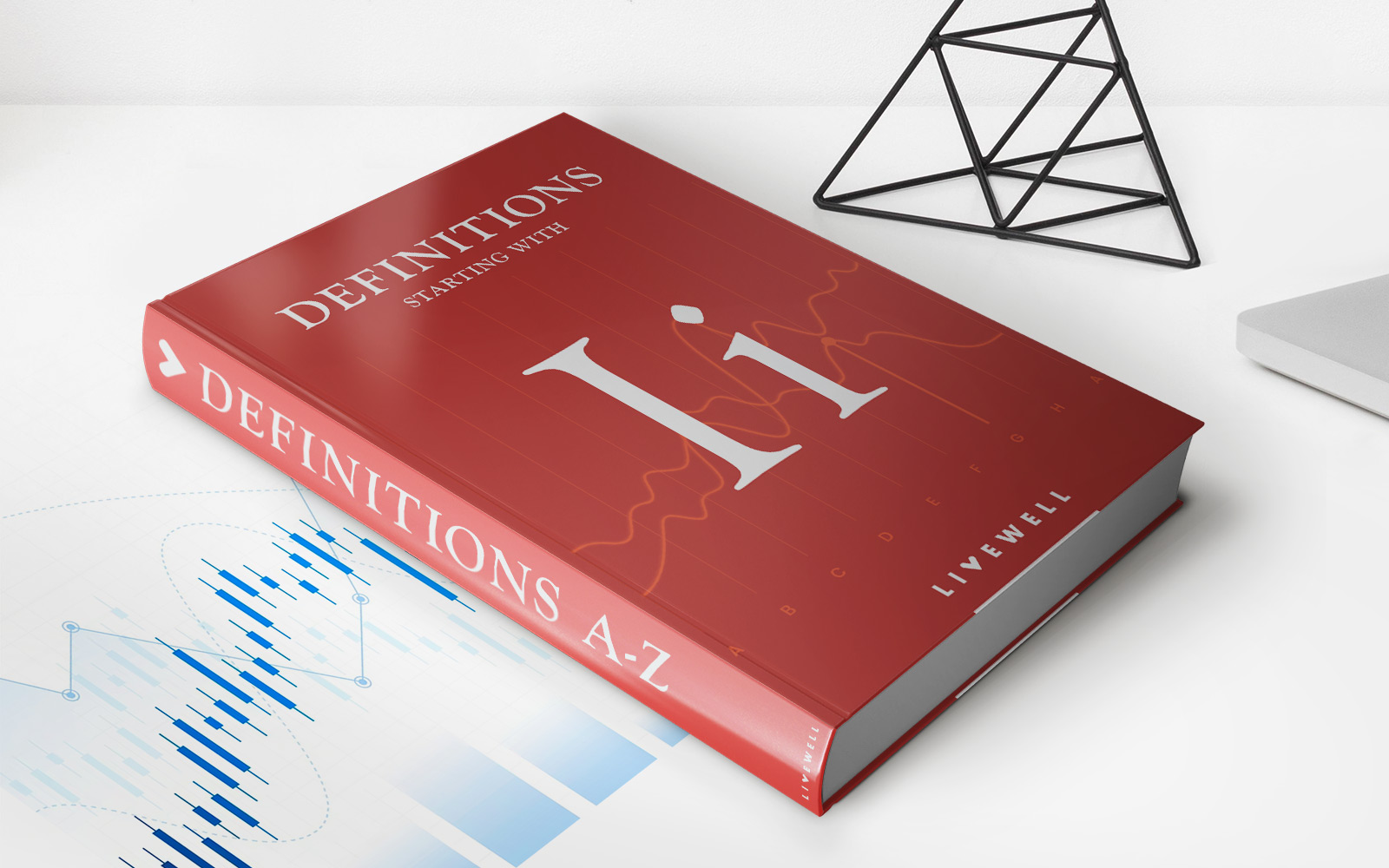

Finance
Income In Respect Of A Decedent (IRD): Definition And Taxes
Published: December 8, 2023
Learn about Income in Respect of a Decedent (IRD) in finance, including its definition and how it affects taxes. Gain insights into handling inherited income.
(Many of the links in this article redirect to a specific reviewed product. Your purchase of these products through affiliate links helps to generate commission for LiveWell, at no extra cost. Learn more)
Income in Respect of a Decedent (IRD): Definition and Taxes
Welcome to our finance blog, where we dive deep into various topics related to personal finance. In this article, we will be discussing Income in Respect of a Decedent (IRD), its definition, and the taxes associated with it. If you’ve ever wondered what happens to income earned by someone who has passed away, or if you’re a beneficiary of an estate, then this guide is for you.
Key Takeaways:
- Income in Respect of a Decedent (IRD) refers to any income that a deceased person had a legal right to receive but was not received during their lifetime.
- IRD is subject to both federal and state income taxes and is taxable to the recipient when it is received.
Before we delve into the details, let’s first understand what Income in Respect of a Decedent (IRD) means. When an individual passes away, any income or compensation that they were entitled to receive but did not receive during their lifetime is considered IRD. This includes unpaid salaries, dividends, rental income, royalties, and other forms of income that the deceased was legally entitled to.
So, how does IRD get taxed? IRD is subject to both federal and state income taxes, and it is taxable to the recipient when it is received. The tax treatment of IRD can vary depending on various factors, such as the type and amount of the income, the relationship of the recipient to the deceased, and the applicable tax laws in the jurisdiction.
Here are some important points to remember about taxes on Income in Respect of a Decedent:
- Taxation upon receipt: IRD is typically included as part of the recipient’s taxable income for the year it is received.
- Estate tax deduction: If the estate of the deceased is subject to estate taxes, any income tax paid on IRD can potentially be deducted from the taxable estate.
- Special rules for retirement accounts: IRD from retirement accounts, such as traditional IRAs or 401(k)s, may have additional tax implications. It is important to consult a tax professional for guidance on the specific rules that apply.
- Beneficiary taxation: IRD is generally taxed as ordinary income to the beneficiary who receives it. However, different tax rates or rules may apply for specific recipients, such as surviving spouses, minor children, or charitable organizations.
Understanding the tax implications of IRD is crucial for both personal financial planning and estate administration. It is essential to consult with a qualified tax professional or estate planning attorney who can provide guidance based on your specific situation. They can help you navigate the complex tax laws and ensure that you fulfill all your tax obligations while maximizing any potential deductions or exemptions.
In conclusion, Income in Respect of a Decedent (IRD) refers to the income that a deceased person was entitled to but did not receive during their lifetime. This income is subject to federal and state income taxes and is taxable to the recipient when it is received. It is important to seek professional advice to understand the tax implications and responsibilities associated with IRD.
We hope you found this article informative and useful. Stay tuned for more finance-related topics on our blog. If you have any questions or would like to suggest a topic for our next post, don’t hesitate to reach out. Happy financial journey!



